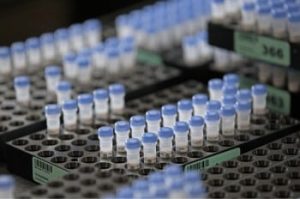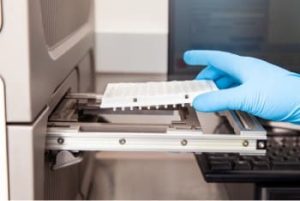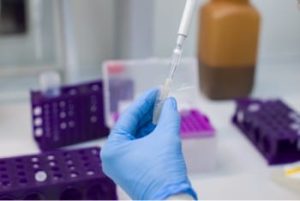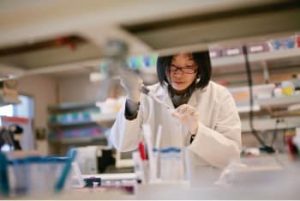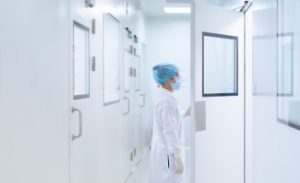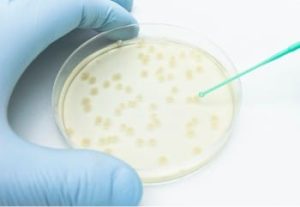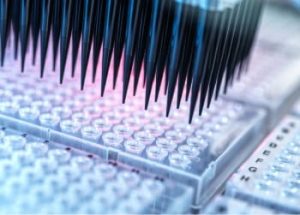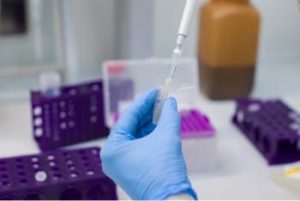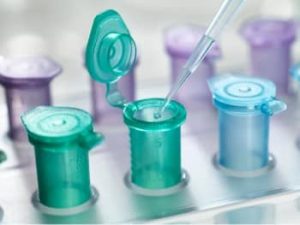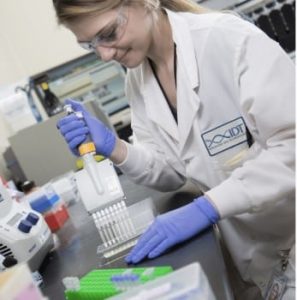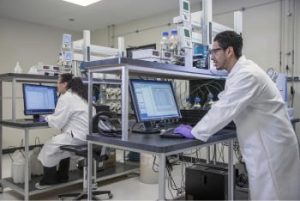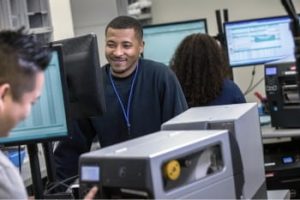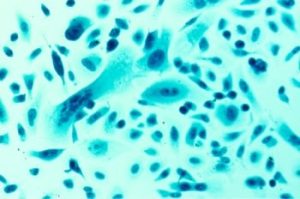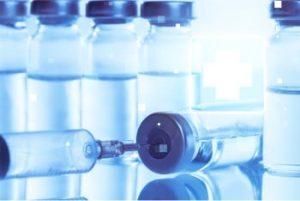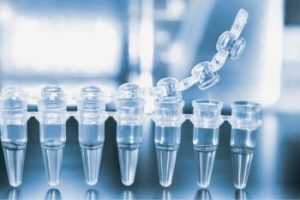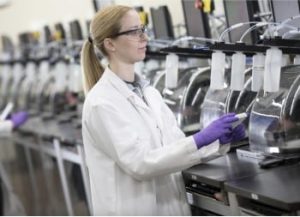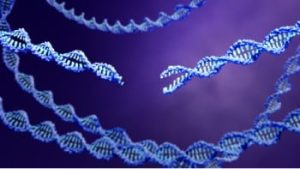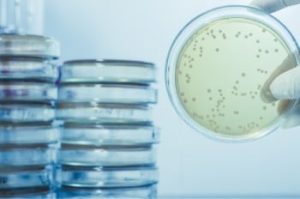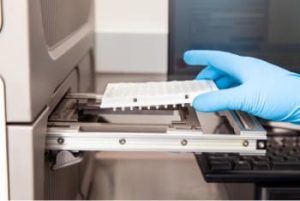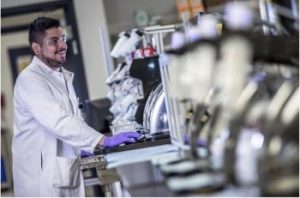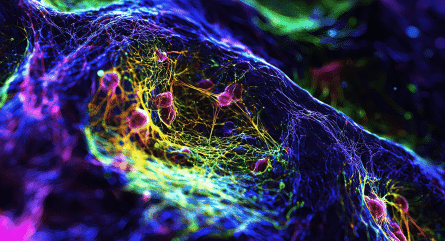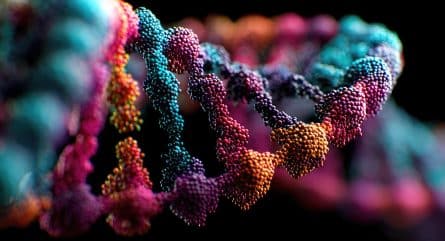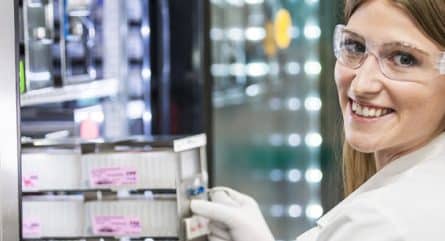Those who take part in iGEM’s annual Giant Jamboree and Competition invest in the future. They invest in the world’s future. And they invest in their own future.
Many cite participation in the iGEM as the decisive event that gave them the confidence to pursue a career in science, and more specifically, in synthetic biology. It’s why the labs and offices of so many life sciences corporations, organizations, and universities are filled with iGEM veterans.
The starting point for many of these careers is the iGEM Competition. The annual, worldwide event for high school students, university undergraduates, and graduate students provides an opportunity to push the boundaries of synthetic biology by addressing issues confronting the world. Multidisciplinary teams work together to design, build, test, and measure a system using interchangeable biological parts and standard molecular biology techniques that will, hopefully, make a positive contribution to their communities and, potentially, the world.
This work is presented at the iGEM Competition before a panel of judges. I’ve had the good fortune of being one of those iGEM judges on three occasions. When it comes to presentations, I’ve seen it all. I’ve seen presentations that work and some that didn’t. So, with that in mind, I’d like to offer some advice to help you succeed at your first iGEM Competition:
1. Be prepared!
Judging is stressful, too, believe it or not. It helps all of us if you’re prepared. Start out by reading the Navigating iGEM webpage: https://competition.igem.org/participation/navigating-igem
Time your practice presentations in front of an audience to make sure you don’t go over your allotted time. And be ready to present without slides. If you know it by heart, there aren’t any technical difficulties that can stop you.
2. Plan for questions.
Start with your elevator speech. In just a few sentences, everyone on the team should be able to explain to, say, an aunt (not involved in science) what you are doing and why you are doing it.
Present in front of professors before the Jamboree and request that they ask any and all questions so you can practice your answers. At the Competition, don’t try to explain things you don’t know. Judges don’t expect you to know everything, but they do expect you to explain what you answer and often times to go into more detail.
Don’t over-interpret data or findings. It’s fine to hypothesize about what might be happening but be clear when you’re doing so.
3. Keep your presentation as simple as possible.
Don’t leave out data but do leave out flashy fonts and busy pages. Clean slides should support what you say and not be something you read. And, as mentioned above, don’t present anything you cannot explain thoroughly because someone will likely ask you about it in the Q&A.
Remember, don’t try to recreate the wheel. Watch the winners from last year’s Competition and those from before. Here are a few examples of great wikis:
4. Don’t forget the details!
Follow the requirements. Missing a single one can eliminate your chance to win. Here’s a reminder: https://competition.igem.org/deliverables/introduction
Here are some important and sometimes missed details:
- Safety: Fill out the safety form completely and early: https://competition.igem.org/deliverables/safety-forms
- Make sure to get permission to use parts and organisms not on the white list: https://2021.igem.org/Safety/White_List
- Parts registry: Make sure to submit your parts to the growing list of user-created parts: https://parts.igem.org/Main_Page
5. Dates to remember:
- Team wiki pages freeze on October 12
- Safety form is due September 16
- Judging form is due October 12
- Project Promotion Video is due September 2
- Team Wiki is due October 12
- Registry of Parts is due October 12
- Team Presentations take place on October 26 and 27
6. Finally, above all, have fun, collaborate, and learn!
Adam Clore is the technical director of synthetic biology at Integrated DNA Technologies. His passion for synthetic biology drives him to develop novel solutions for old and new challenges within the synbio community. His background is in microbiology, biochemistry, and DNA repair. For his PhD in Biology and Systems Science, Adam studied the molecular genetics of hyperthermophilic archaea and their viruses.

